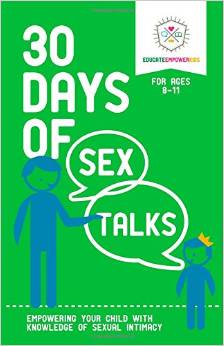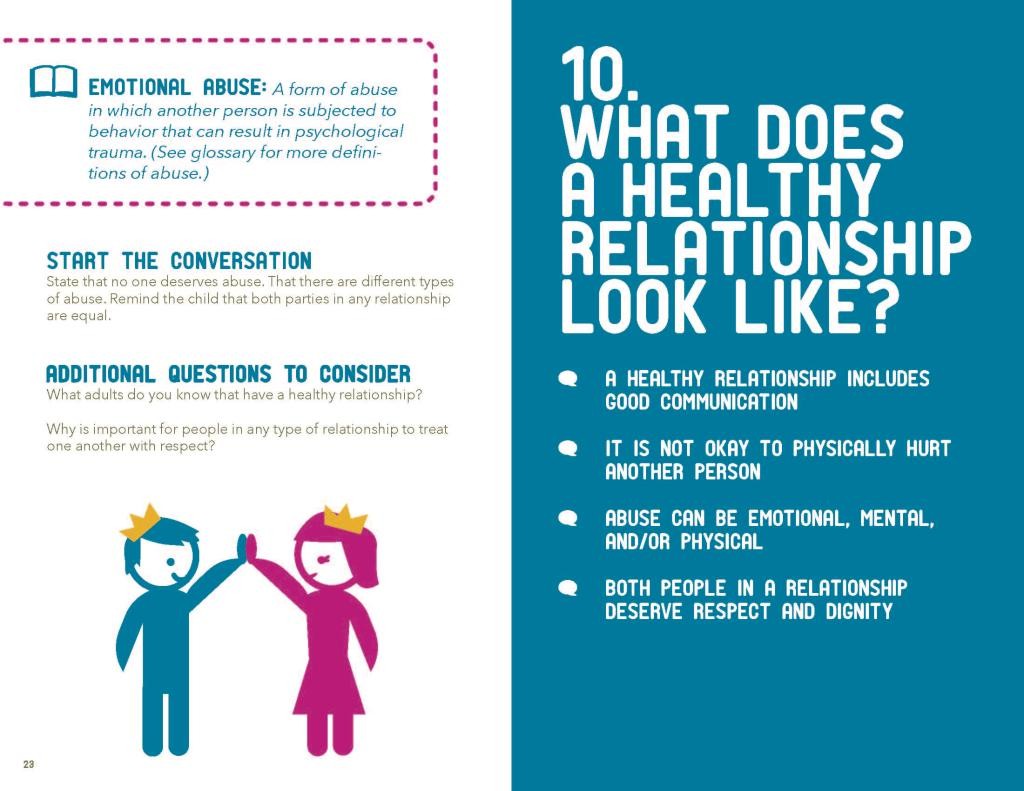“I don’t remember you ever sitting down and talking to me about sex,” Bee said to me when she was down for a visit last week. My friend Lucy was there and we were looking at a set of books about discussing bodies, sex and relationships with children.
These books in fact, from Educate and Empower Kids:
“Well,” I said, feeling bad in case it was something I had totally forgotten to do, “I don’t think it should be a case of actively sitting down and spewing it all out. It should be more of an ongoing dialogue, a continuous learning process.”
This sounded legit. Plus I definitely remember showing Bee and a group of her friends how to use a tampon. (Not actually the insertion process, more of a detailed mime.)
“Being around your mum growing up was basically one long sex education class,” added Lucy helpfully.
Well. Quite.
My children may be a little bit older now, but the idea behind these books is that there is never a bad time to talk about sex, you just need to know your audience. The books come in a series of three – 3 to 7 years, 8 to 11 years and 12+. You might think that three was way too young to talk to your children about sex, but when you think of it from the ongoing dialogue point of view it’s actually crucial. So much of sex education is to do with self-awareness, self-respect and body confidence, and no child is too young to learn that.
Most if not all parents nowadays worry about how they can protect their children from difficult situations regarding sex, whether that be finding disturbing images online, dealing with unwanted sexual advances, or talking assertively about their needs within a relationships. Read the news and you’d be forgiven for literally wrapping your children in cotton wool and switching off the wifi; did you know for example that a recent survey found that four in ten teenage girls in the UK have been coerced into sex acts? That statistic alone is terrifying enough, but read on and it gets worse:
- One in five say they have suffered physical violence or intimidation from boyfriends, including slapping, punching, strangling and being beaten with an object.
- Over 40% of girls who sent sexual images or texts said they had been shared by their boyfriend with other people.
- Almost four in 10 (39%) English boys aged 14-17 said they regularly watched pornography, and 18% strongly agreed with statements such as “It is sometimes acceptable for a man to hit a woman if she has been unfaithful” and “Women lead men on sexually and then complain about the attention they get”.
Unfortunately, as much as we want to shield our children from all harm, it’s virtually impossible. What we can do though is set them up with the confidence and knowledge to deal with those situations as they arise and to help them feel that they can come to us with any worries or concerns.
How do you do this? By talking to them. It’s that ongoing dialogue thing again. We need to talk to our children about everything, in a way that empowers them and makes them feel safe, loved and sure of themselves. These books can play a part in this, giving you an idea of the issues that might be worrying your child at any particular age and starting points for age appropriate conversations.
Each book contains 30 discussion ideas, plus a glossary, (which my boyfriend picked up a few new words from.) The layout is very clear and simple, although Bee said that she would have liked to have seen a bit more information, more answers. I suggested that in many cases there might not be a right answer, but I can see that in some instances you might need to do a little more research before you launch into a conversation.
Even grown ups don’t always have all the answers.
How to you talk to your children about sex? What do you think we can do to help our kids deal with these every increasing pressures?
Buy the books at Amazon here.
Sponsored post



I enjoyed our evening reading these books! :)
This is such an important topic. I think having an ongoing dialogue is much better (and less embarrassing) than sitting down and having ‘THE’ talk. These books look fab!
Great blog :) I’m not a muma yet, but as an English nanny and children’s writer I found your site really refreshing.
we’ve started to mention bits and pieces to our 7 year old just to test the water and see what he knows so far.